VW T-Cross vs Hyundai Inster - Differences and prices compared
Compare performance (150 HP vs 115 HP), boot space and price (21400 £ vs 20500 £ ) at a glance. Find out which car is the better choice for you – VW T-Cross or Hyundai Inster?
Costs and Efficiency:
Price and efficiency are key factors when choosing a car – and this is often where the real differences emerge.
Hyundai Inster has a minimal advantage in terms of price – it starts at 20500 £ , while the VW T-Cross costs 21400 £ . That’s a price difference of around 909 £.
Engine and Performance:
Under the bonnet, it becomes clear which model is tuned for sportiness and which one takes the lead when you hit the accelerator.
When it comes to engine power, the VW T-Cross has a clearly perceptible edge – offering 150 HP compared to 115 HP. That’s roughly 35 HP more horsepower.
In acceleration from 0 to 100 km/h, the VW T-Cross is evident quicker – completing the sprint in 8.40 s, while the Hyundai Inster takes 10.60 s. That’s about 2.20 s faster.
There’s also a difference in torque: VW T-Cross pulls significantly stronger with 250 Nm compared to 147 Nm. That’s about 103 Nm difference.
Space and Everyday Use:
Whether family car or daily driver – which one offers more room, flexibility and comfort?
Seats: VW T-Cross offers a bit more seating capacity – 5 vs 4.
In curb weight, VW T-Cross is barely noticeable lighter – 1267 kg compared to 1380 kg. The difference is around 113 kg.
In terms of boot space, the VW T-Cross offers clearly perceptible more room – 455 L compared to 280 L. That’s a difference of about 175 L.
When it comes to payload, VW T-Cross noticeable takes the win – 480 kg compared to 357 kg. That’s a difference of about 123 kg.
Who wins the race in the data check?
The VW T-Cross is clearly superior overall in the objective data comparison.
This result only shows which model scores more points on paper – not which of the two cars feels right for you.
Costs and Consumption
View detailed analysis
Engine and Performance
View detailed analysis
Dimensions and Body
View detailed analysis
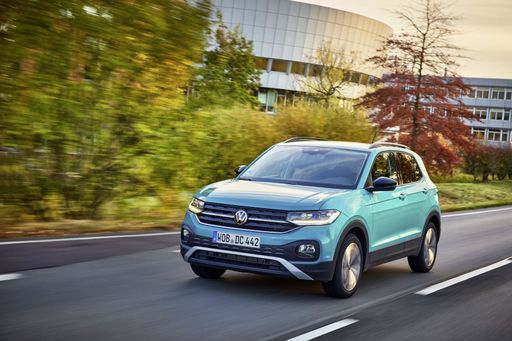
VW T-Cross
VW T-Cross
The VW T-Cross turns everyday practicality into a style statement, offering a roomy-feeling cabin, clever storage and playful design that suits town life and family duties alike. On the road it's composed and relaxed, rewarding buyers who want the raised seating and confident presence of an SUV without the weighty compromises.
details
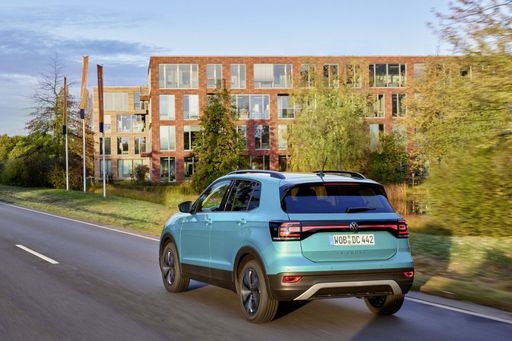
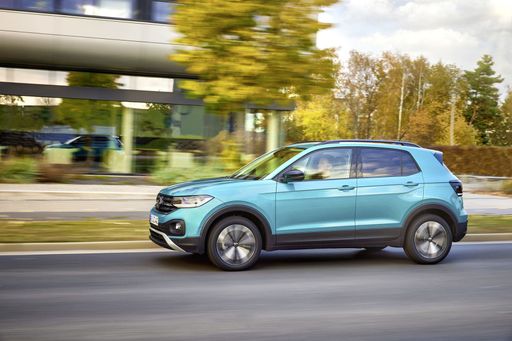
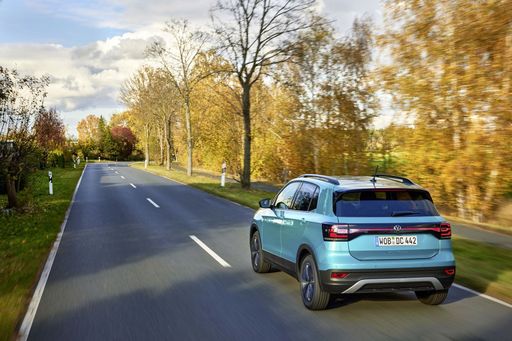
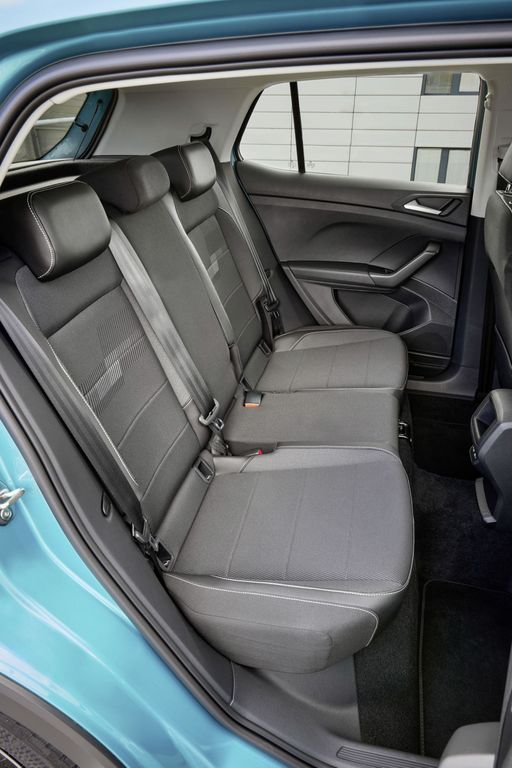
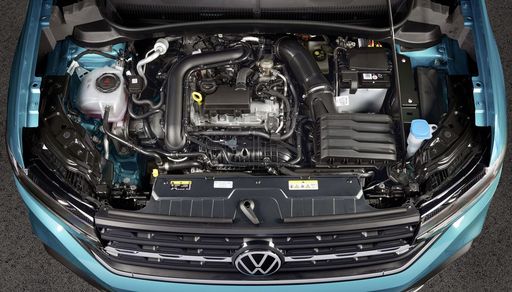
Hyundai Inster
The Inster has quickly captured the attention of automotive enthusiasts with its striking design and dynamic performance. This model seamlessly blends advanced technology with comfort, making it an ideal choice for both daily commutes and adventurous road trips. With its spacious interior and innovative features, the Inster promises an exhilarating driving experience that doesn’t compromise on practicality.
details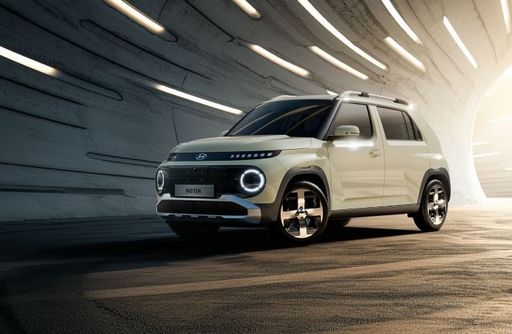
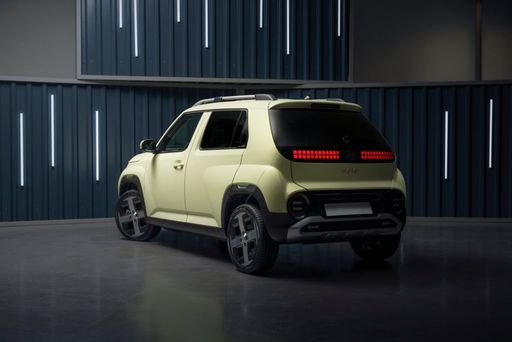
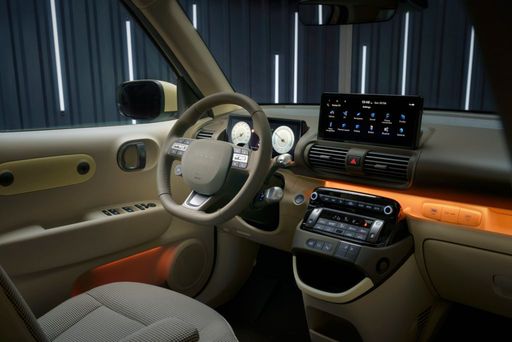
Costs and Consumption |
|
|---|---|
|
Price
21400 - 32000 £
|
Price
20500 - 25800 £
|
|
Consumption L/100km
5.4 - 6 L
|
Consumption L/100km
-
|
|
Consumption kWh/100km
-
|
Consumption kWh/100km
14.3 - 15.1 kWh
|
|
Electric Range
-
|
Electric Range
327 - 370 km
|
|
Battery Capacity
-
|
Battery Capacity
-
|
|
co2
124 - 136 g/km
|
co2
0 g/km
|
|
Fuel tank capacity
-
|
Fuel tank capacity
-
|
Dimensions and Body |
|
|---|---|
|
Body Type
SUV
|
Body Type
SUV
|
|
Seats
5
|
Seats
4
|
|
Doors
-
|
Doors
-
|
|
Curb weight
1267 - 1338 kg
|
Curb weight
1380 - 1433 kg
|
|
Trunk capacity
455 L
|
Trunk capacity
238 - 280 L
|
|
Length
-
|
Length
-
|
|
Width
1784 mm
|
Width
1610 mm
|
|
Height
-
|
Height
-
|
|
Max trunk capacity
-
|
Max trunk capacity
-
|
|
Payload
463 - 480 kg
|
Payload
317 - 357 kg
|
Engine and Performance |
|
|---|---|
|
Engine Type
Petrol
|
Engine Type
Electric
|
|
Transmission
Manuel, Automatic
|
Transmission
Automatic
|
|
Transmission Detail
Manual Gearbox, Dual-Clutch Automatic
|
Transmission Detail
Reduction Gearbox
|
|
Drive Type
Front-Wheel Drive
|
Drive Type
Front-Wheel Drive
|
|
Power HP
95 - 150 HP
|
Power HP
97 - 115 HP
|
|
Acceleration 0-100km/h
8.4 - 11.3 s
|
Acceleration 0-100km/h
10.6 - 11.7 s
|
|
Max Speed
-
|
Max Speed
-
|
|
Torque
175 - 250 Nm
|
Torque
147 Nm
|
|
Number of Cylinders
3 - 4
|
Number of Cylinders
-
|
|
Power kW
70 - 110 kW
|
Power kW
71 - 85 kW
|
|
Engine capacity
999 - 1498 cm3
|
Engine capacity
-
|
General |
|
|---|---|
|
Model Year
2024 - 2025
|
Model Year
2025
|
|
CO2 Efficiency Class
D, E
|
CO2 Efficiency Class
A
|
|
Brand
VW
|
Brand
Hyundai
|
What drive types are available for the VW T-Cross?
The VW T-Cross is offered with Front-Wheel Drive.
